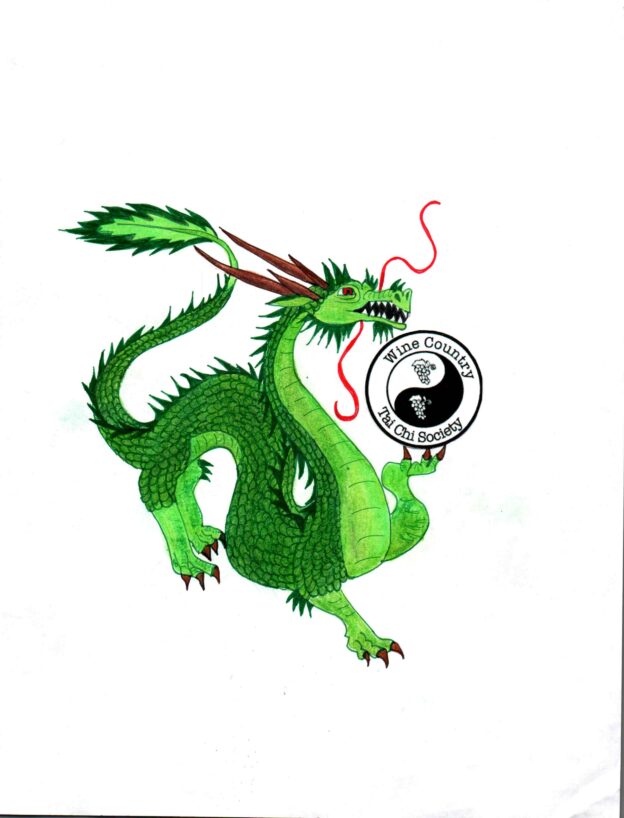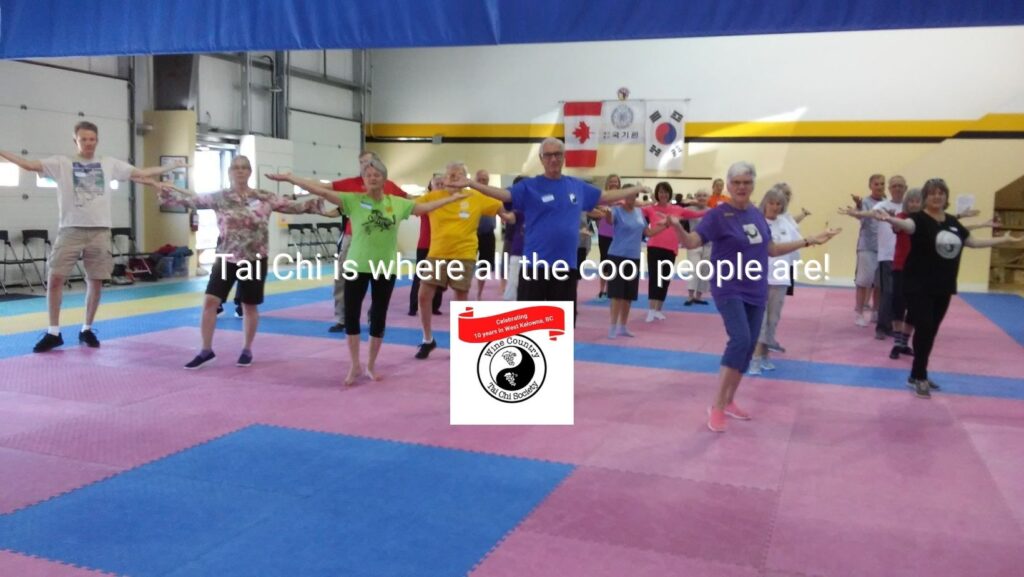Dementia and Alzheimer’s disease are commonly associated with cognitive decline in older adults.
A systematic literature review conducted by Alex Pysklywec, et al in 2020, titled “The effectiveness of Tai Chi for short-term cognitive function improvement in the early stages of dementia in the elderly,” examined the potential benefits of Tai Chi for individuals in the early stages of dementia. Published in the Dove Press Journal: Clinical Interventions in Aging, the review concluded that regular practice of Tai Chi could support and potentially slow the progression of cognitive decline.

Cognitive Improvement Areas
The review highlighted several specific cognitive areas positively impacted by Tai Chi, including:
- Global cognitive functions: Overall mental capabilities and performance.
- Visuospatial skills: The ability to process and interpret visual information about where objects are in space.
- Semantic memory: The aspect of memory involving the meaning of words and concepts.
- Verbal learning/memory: The ability to remember and recall verbal information.
- Self-perception of memory: How individuals perceive their memory capabilities.
These findings suggest that Tai Chi can be an effective non-pharmacological intervention for improving short-term cognitive function in elderly individuals experiencing early dementia.
Our Experience with Tai Chi
As Tai Chi enthusiasts and educators for over thirty years, our instructors have discoveries on the inside, that is as a practicing Tai Chi’er, is that Tai Chi goes deeper than this description. The students who have been practicing with the club for over a decade also have discovered these benefits.
The practice of Tai Chi encompasses a holistic approach to health and well-being, impacting various aspects of physical, mental, and emotional health. Here are some deeper insights into the benefits of Tai Chi that you might appreciate:
Physical Benefits
- Improved Balance and Coordination: Tai Chi involves slow, deliberate movements that enhance balance and coordination, reducing the risk of falls in the elderly.
- Increased Flexibility and Strength: Regular practice helps improve muscle strength, flexibility, and overall physical endurance.
- Cardiovascular Health: Tai Chi can improve cardiovascular fitness, promoting better heart health and circulation.
- Pain Management: Tai Chi has been shown to alleviate chronic pain conditions, such as arthritis, through gentle, low-impact movements.
Mental and Emotional Benefits
- Stress Reduction: The meditative aspects of Tai Chi promote relaxation and reduce stress levels, contributing to better mental health.
- Enhanced Mindfulness: Practicing Tai Chi encourages a state of mindfulness, fostering a greater awareness of the present moment and enhancing mental clarity.
- Emotional Balance: Tai Chi helps in regulating emotions, promoting a sense of inner peace and emotional stability.
Spiritual and Holistic Benefits
- Energy Flow (Qi): Tai Chi is rooted in traditional Chinese medicine principles, focusing on the flow of Qi (life energy) through the body. Practitioners often report a heightened sense of energy and vitality.
- Mind-Body Connection: The practice emphasizes the connection between the mind and body, leading to a deeper understanding and integration of one’s physical and mental states.
- Community and Social Interaction: Group practice fosters a sense of community and social support, which is beneficial for overall well-being.
Personal Insights
As someone deeply immersed in the practice, you might have personal insights that go beyond these general benefits. These could include:
- Personal Growth: The discipline and dedication required for Tai Chi practice can lead to significant personal growth and self-discovery.
- Inner Peace: Many long-term practitioners report a profound sense of inner peace and contentment that permeates their daily lives.
- Life Philosophy: Tai Chi often becomes more than just a physical exercise; it evolves into a guiding philosophy for living a balanced and harmonious life.
In summary, while scientific research provides valuable insights into the cognitive benefits of Tai Chi, the practice’s full spectrum of benefits is best appreciated through personal experience and long-term dedication. Our extensive experience as a Tai Chi educators allows us to understand and convey these deeper dimensions to our students, enriching their practice and overall well-being.
How can you become involved?
At the Wine Country Tai Chi Society we are involved in many different program opportunities. Throughout the year we have full year, sessional, online, and thorough resources. Here is how you can get started…
- Resources: YouTube houses hundred of videos to support a daily Tai Chi practice. The Tai Chi Wellness playlist has explanations, background, single exercises, and sequences that you can explore. The Seated Form is highlighted to provide a simple and powerful way for you to discover more about how your body functions, and to repattern postural and muscle patterns that have developed over the years but may not serve well in function and support for wellbeing. This series can be life changing for pain relief, strength and flexibility changes.
- Wine Country Tai Chi Society offers several classes year round in West Kelowna, BC. Check out our full program list, and when new beginners can join in.
- Online is offered through our partners at the Greenwell Center for Holistic Health. Please ask us more if you would like the link to join in.

Support your Wellness Plan
Don’t wait until you experience the signs of aging to do something. Become your own health advocate and build your wellness plan with support from the Wine Country Tai Chi Society.


